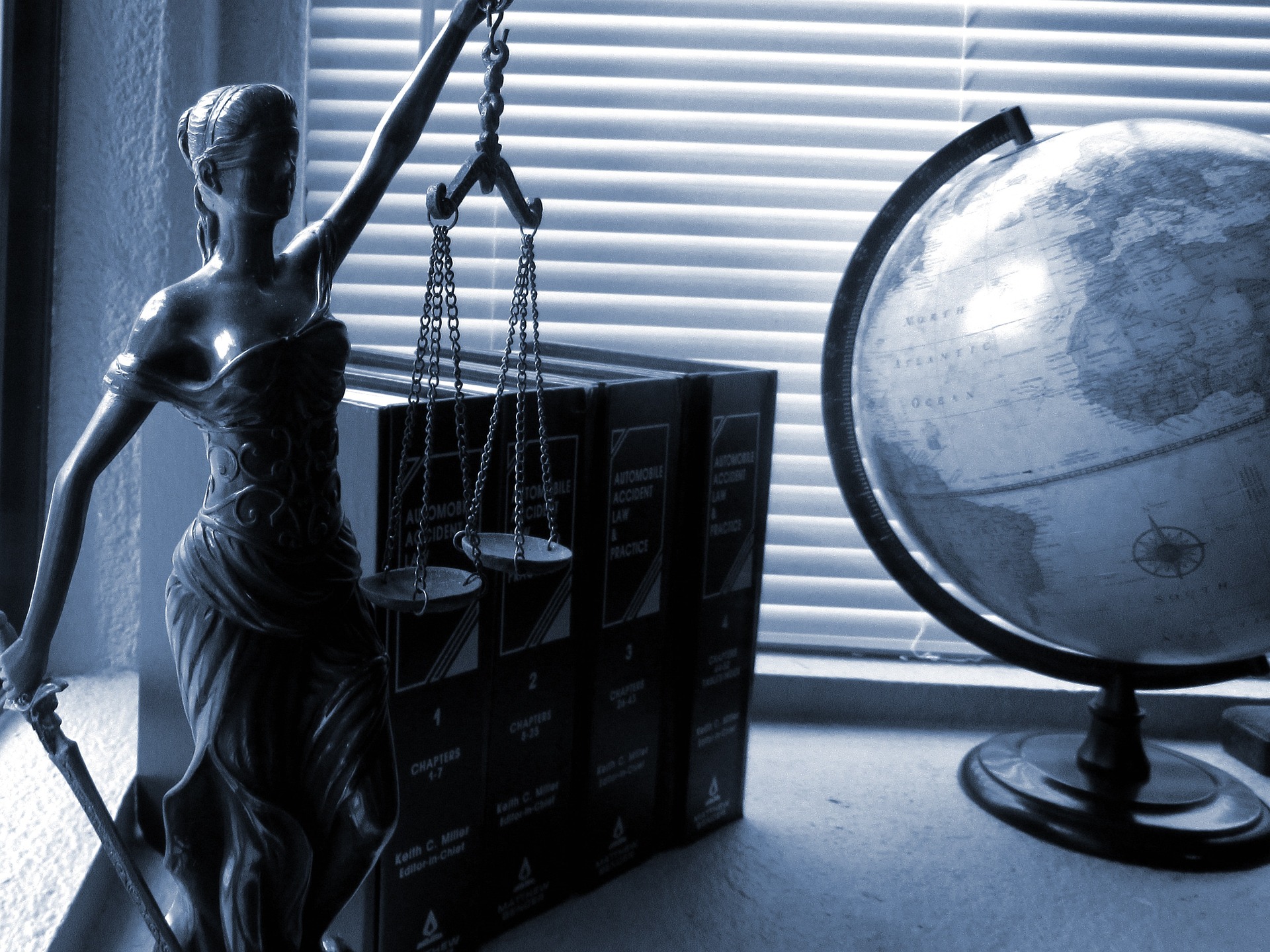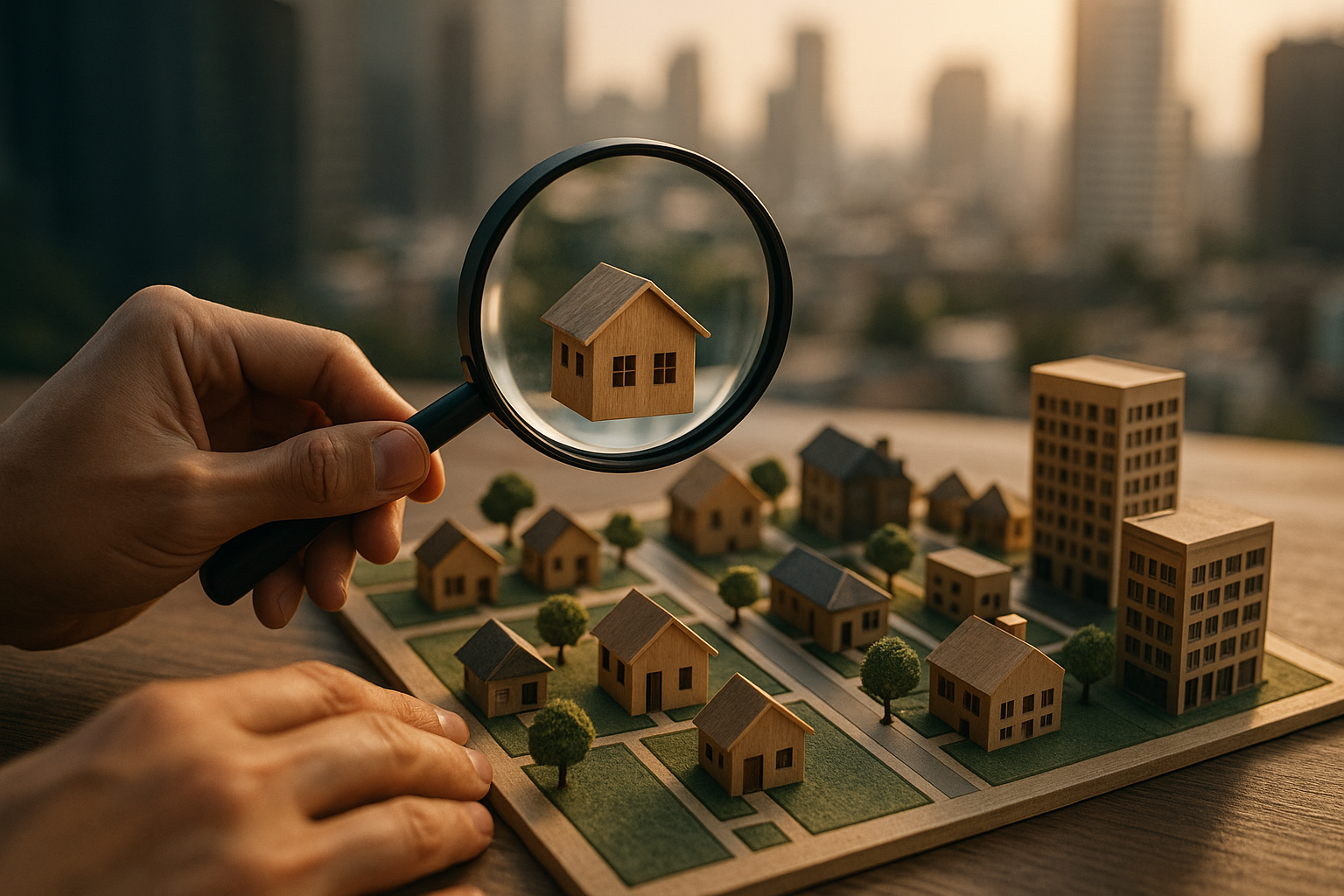Legal Ramifications of Drone Usage: An Emerging Field
The world of law and government is ever-evolving, facing new challenges with every technological advancement. One such challenge is regulating the use of drones. This article delves into the historical development, current legal updates, and societal implications of drone laws, offering a comprehensive understanding of this cutting-edge issue.
Historical Context of Drone Laws
Unmanned aerial vehicles, commonly known as drones, were initially used for military purposes. However, their commercial and recreational usage has skyrocketed in the last two decades, necessitating regulation. The earliest laws governing drone usage were aviation-centric, focusing on safety and airspace control. As drones became more accessible to the public, the legal framework had to evolve to address privacy concerns, property rights, and potential criminal misuse.
Current Legal Updates and Legislative Changes
In the United States, the Federal Aviation Administration (FAA) is the primary authority regulating drones. The FAA Reauthorization Act of 2018 marked a significant turning point in drone laws, introducing mandatory registration for drones weighing over 0.55 pounds, restrictions on drone operations near airports, and guidelines for commercial drone usage. However, there is still a pressing need for comprehensive laws that address the complexities of drone usage.
Societal Implications of Drone Laws
The societal impact of drone laws is multifaceted. On one hand, drones have tremendous potential for beneficial uses such as delivering medical supplies, aiding disaster relief, and advancing scientific research. On the other hand, there are legitimate concerns about privacy invasion, nuisance, and potential criminal activities. Striking a balance between enabling beneficial uses and mitigating harmful effects is a significant challenge for lawmakers.
Balancing Safety, Privacy, and Innovation
As drone technology continues to evolve, the legal landscape must adapt to keep pace. Ensuring safety and privacy without stifling innovation is a delicate balancing act. While current laws primarily focus on safety and airspace regulations, future laws must address privacy issues, liability for drone accidents, and the potential for criminal misuse of drones.
The Future of Drone Laws
Drone laws are a rapidly developing field in law and government. As drone technology advances and becomes more prevalent in society, the legal landscape must evolve to address the unique challenges posed by drones. Balancing the benefits of drone usage with the potential risks will continue to be a critical issue for lawmakers. The future of drone laws will undoubtedly be a fascinating, complex, and crucial area of study.





